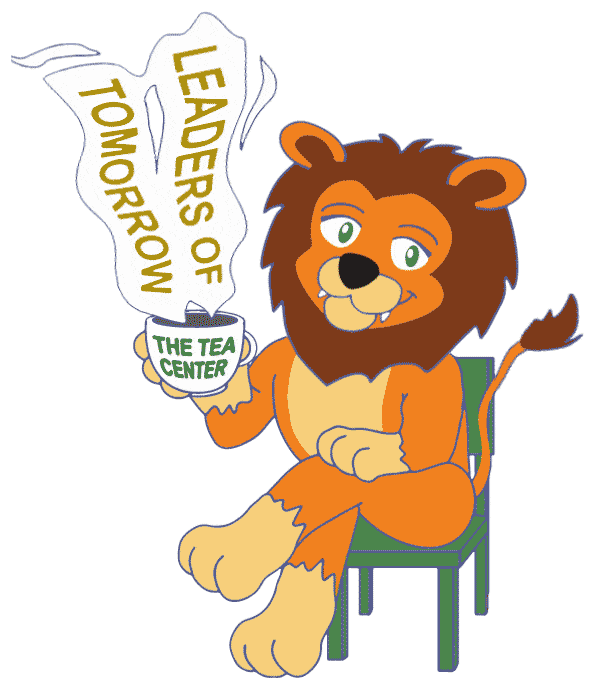In today’s tech-driven world, digital tools can transform playtime into a fun and educational experience for children. Virtual resources such as apps, websites, and interactive platforms provide countless opportunities for young learners to develop critical thinking, creativity, and social-emotional skills. By balancing technology with hands-on learning, parents can use these tools to spark curiosity and foster growth.
Educational Apps and Websites
Digital platforms are treasure troves of educational content tailored to children’s developmental stages. For infants, apps like Baby Sparks suggest age-appropriate activities to meet developmental milestones, such as sensory play and tummy time. Toddlers can benefit from apps like Endless Alphabet, which uses colorful animations to introduce letters and sounds in a playful way.
Preschoolers can explore more advanced learning tools like PBS Kids, which blends math, science, and social-emotional learning with engaging games and videos featuring beloved characters. Many of these resources also offer offline activities, helping parents extend the learning experience beyond screens.
Virtual Storytime and Interactive Story Apps
Storytime goes digital with virtual sessions and interactive apps that nurture a love for reading while building language skills. For infants, virtual storytime introduces rich language patterns through soothing narration and colorful illustrations.
Apps like Epic! and Vooks captivate preschoolers with animated storybooks, audio narration, and interactive features. These platforms encourage children to actively engage with stories, fostering both literacy skills and imagination. By incorporating digital storytelling into daily routines, parents can instill a lifelong passion for reading.
Virtual Tours and Art Activities
Virtual museum tours and online art platforms offer exciting adventures from the comfort of home. Platforms like the San Diego Zoo and Smithsonian National Zoo provide interactive experiences where children can explore animals and ecosystems through live cams and educational videos.
For budding artists, apps like Sago Mini Doodlecast and Lego Builder inspire creativity through guided drawing and digital design. These activities help young learners develop fine motor skills while expressing themselves through art.
Virtual Music and Movement Classes
Music and movement are vital for physical and cognitive development. For infants, rhythmic activities like bouncing to music or gentle swaying enhance gross motor skills and sensory awareness. Programs like Kindermusik and Music Together offer interactive classes designed to engage children through songs, dance, and sensory play.
Older toddlers and preschoolers can explore platforms like GoNoodle and Cosmic Kids Yoga, which combine music, movement, and storytelling in fun, engaging formats. These classes encourage creativity, coordination, and a lifelong love of music and movement.
Virtual Playdates and Social Interaction
Virtual playdates provide children with valuable social experiences, even at a distance. Platforms like Zoom or Skype enable kids to connect with peers through interactive games, storytelling, or collaborative activities like scavenger hunts.
Online multiplayer games or shared creative apps also allow children to collaborate and build friendships in real-time, supporting social-emotional development and reducing feelings of isolation.
Conclusion
At the T.E.A. Center, we believe in blending innovative virtual tools with hands-on experiences to nurture every aspect of a child’s growth. From fostering learning and creativity to encouraging social connections, we’re here to support your child’s development in a safe, engaging environment. Visit www.theteacenter.org to learn more about our programs or schedule a meet-and-greet!


